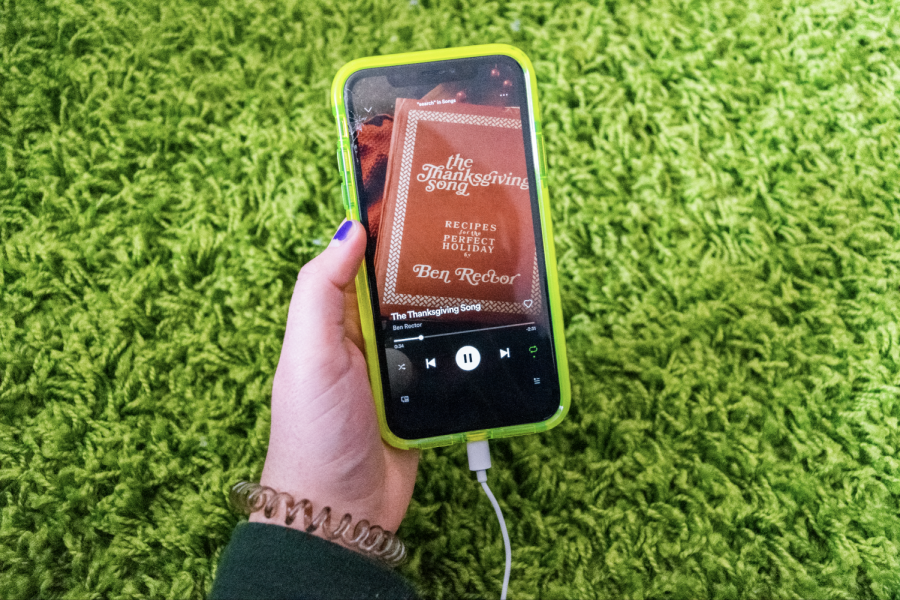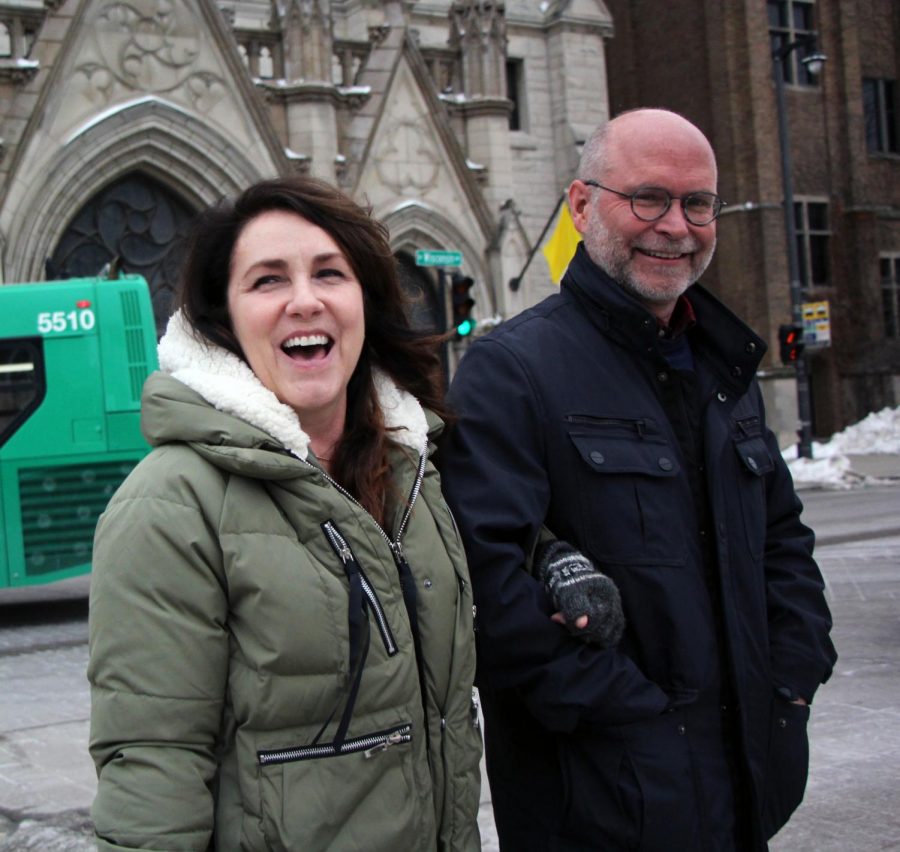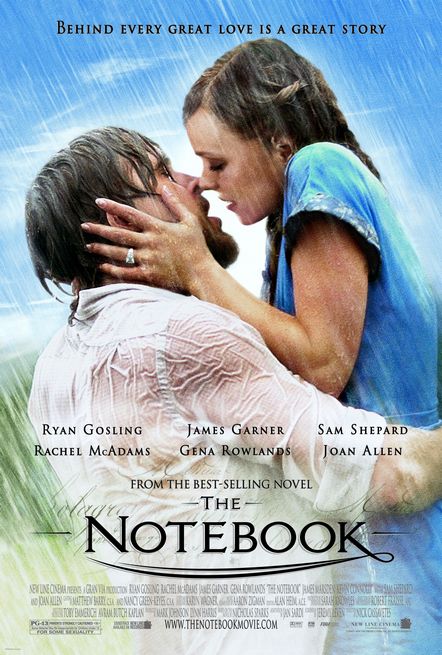 As Bob Dylan once sung in “Long Ago, Far Away,” “Gladiators killed themselves, it was during the Roman times. People cheered with bloodshot grins as eyes and minds went blind. Long ago, far away. Things like that don’t happen no more nowadays.”
As Bob Dylan once sung in “Long Ago, Far Away,” “Gladiators killed themselves, it was during the Roman times. People cheered with bloodshot grins as eyes and minds went blind. Long ago, far away. Things like that don’t happen no more nowadays.”
Anyone with half a brain who follows the NFL knows the league is on red alert when it comes to concussions.
Former players go in for MRIs and take home snapshots with more blacked-out patches than a declassified Pentagon document.
They suffer from early onset of neurological disorders — things like ALS, Alzheimer’s and short-term memory loss.
Still others — like Tom McHale and Andre Waters — die ugly deaths fueled by depression and the lingering physical agony of repeated blows to the head.
League commissioner Roger Goodell has already taken steps to try to protect the gray matter of his stubborn employees.
He began levying heavy fines on players who make illegal helmet-to-helmet hits — Pittsburgh linebacker James Harrison is already out six digits — and those concussed have to pass a battery of tests before returning to any kind of football action.
But is the commissioner really serious about changing the game? Some of his actions have me skeptical.
First of all, a $50,000 fine is an NFL player’s speeding ticket. Yeah, it sucks to get caught and you wish you had the money for something else, but ultimately it’s a small price to pay.
Instead of handing out speeding tickets, Goodell needs to start revoking licenses. Referees need to start ejecting players during games, and the league office needs to start adding suspensions to the fines.
Goodell’s push for an 18-game regular season is even more maddening than his ineffective discipline policies.
Say players play 40 snaps (a conservative estimate) in those two extra games: That’s 80 more opportunities for players to suffer debilitating injuries, including concussions. You can’t be considered an advocate for player safety, Mr. Goodell, when you also advocate for exposing players to more opportunities to sustain injury.
Goodell’s resistance to substantially change the pro game also hurts players at lower levels, who make up 99 percent of the millions of football players in this country.
When 12-year-old aspiring linebackers in Pittsburgh saw Harrison light up Mohammad Massoquoi, what do you think they wanted to do the next time they were on the field?
And what recourse will a stand-out Division III player — who will never sniff the NFL or its money — have when the concussions he absorbed as a 20-year-old catch up with him?
Contrary to what some might believe, it’s not written in the Constitution that football has to stay popular, especially with players like Kevin Durant and John Wall in the NBA.
Eighteen games in a season sounds like it’ll make a lot of money for the league and owners, but who wants to watch when players go lifeless on the field the way Anquan Boldin did against the Jets in 2008?
Sickeningly, it seems like a lot of people want just that.
They worry that tutu requirements for quarterbacks or lipstick on linemen are Goodell’s next moves. “Purists” say football’s a brutal game made great by vicious, synapse-scrambling hits.
Personally, I’m partial to precision execution of well-conceived pass plays, blocking schemes and zone blitzes, but what do I know?
This isn’t about bastardizing or emasculating American football. It’s about quality of life for future former players. A lot of people don’t seem to understand that.
Which brings me back to the Dylan verse I started with. The bloodthirstiness of this culture is starting to get out of hand when it comes to football.
We’re turning a collective blind eye to 45-year-old men downing painkillers by the bottle so we can somehow justify our enjoyment in watching 25-year-old men decapitate each other. As the saying goes: When in Rome.
Just remember what ultimately happened to the Romans.



